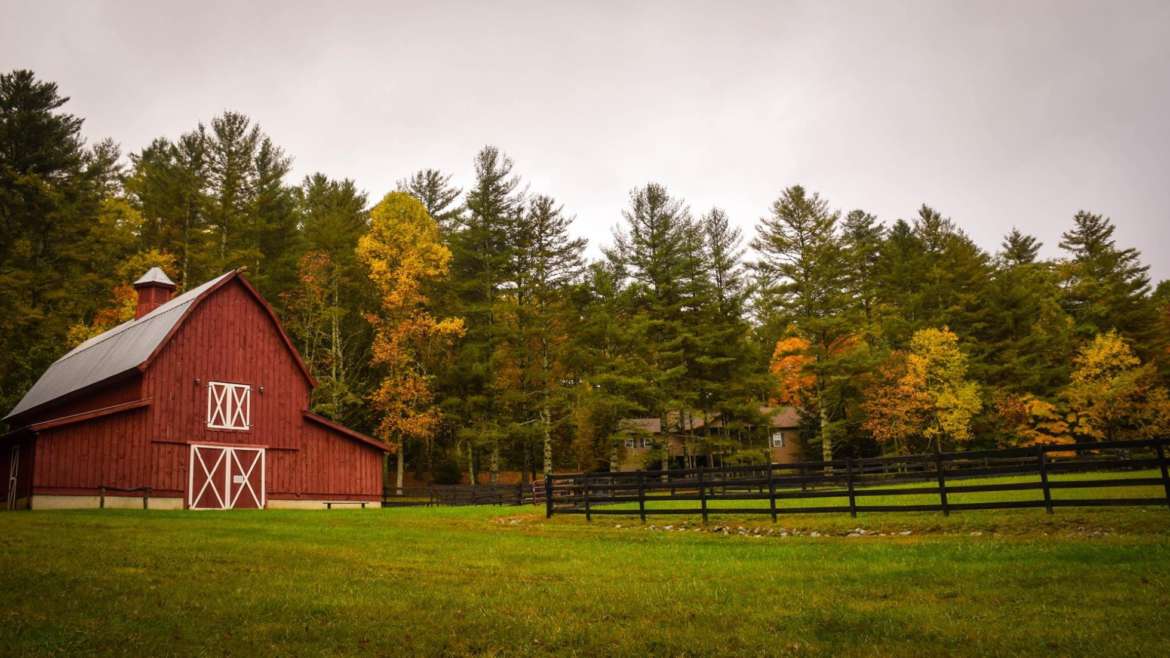Rhode Island has always been a farming state; although many people do not associate it with farming and agricultural work, the state is home to approximately 1,243 farms covering over 69,000 acres, or 10% of the land in the state. In addition to manufacturing, tourism, and health services, agriculture makes up a large part of the state’s economy. When one includes aquaculture, the benefits of farming to the state’s economy only grows, as there are about 60 aquaculture operations which mostly raise and sell oysters.
However, many recognize the obstacles to farming in Rhode Island. High costs associated with acquiring land, higher taxes, and outdated zoning ordinances in the various municipalities can make it difficult to conduct farming operations.
With that in mind, today’s blog post will cover some exemptions for farmers with regard to two particular laws: the Right to Farm Act and the Freshwater Wetlands Act. The purpose of providing this information is to assist farmers in understanding some of the rights they have with regard to their farming operations, and how an environmental law attorney can help. It is important to remember that there are a number of environmental laws and regulations at the state and federal levels that apply to farms beyond these, though, related to things like the use of pesticides, farmland designation, animal health, marketing, and more. These are mostly enforced by the RI Department of Environmental Management. Farmers must also be sure to follow the local municipality’s ordinances, particularly with regard to land use and zoning requirements.
The Right to Farm Act
In Rhode Island, the municipalities each deal with farming and the zoning aspects of farmland in different ways. To assist farmers with the potential ramifications of conducting farming operations in areas where there are residential homes, the state passed the Right to Farm Act. This law prevents nuisance actions against farmers for claims of odor, noise, dust, and/or the use of products like pesticides, so long as these actions relate to agricultural operations as defined by the law. The law also prohibits cities and towns from enforcing ordinances against agricultural operations where such operations are allowed by law. Hiring an environmental law attorney specifically can be useful in defense of these actions against farmers, particularly attorneys who are familiar with farming operations and practices.
The Freshwater Wetlands Act
Farms naturally tend to be co-located with wetlands in Rhode Island, both as a result of the number of wetland areas in the state and as a means of potentially providing natural water sources for livestock. The state General Assembly recognized this when it determined that farmers would be exempt from permitting requirements under the Freshwater Wetlands Act. Environmental law attorneys in Rhode Island tend to be extremely familiar with this law and its regulations.
R.I. Gen. Laws § 2-1-22 provides the exemptions for farming activities, meaning farmers are not required to obtain freshwater wetlands permits for these activities from RI DEM. There are conditions for this, though, such as using best management practices for erosion and sediment controls, protecting wetland functions and values, and following the other laws and regulations that apply. In addition, a “farmer” is defined by the law: farmers exempt from the permitting requirements are those who have filed a 1040F with the IRS, have a state farm tax number, and have generated a minimum gross income on farm products for a certain number of preceding years.
If you are a farmer or have plans to begin farm operations, consulting with an environmental law attorney helps you to understand which laws apply to you and how to meet the legal requirements. Whether you’re just starting out, expanding your operations, or are dealing with potential violations, contact Desautel Law to provide you with the legal knowledge you need. We are available by email at help@desautelesq.com or phone at 401.477.0023.


